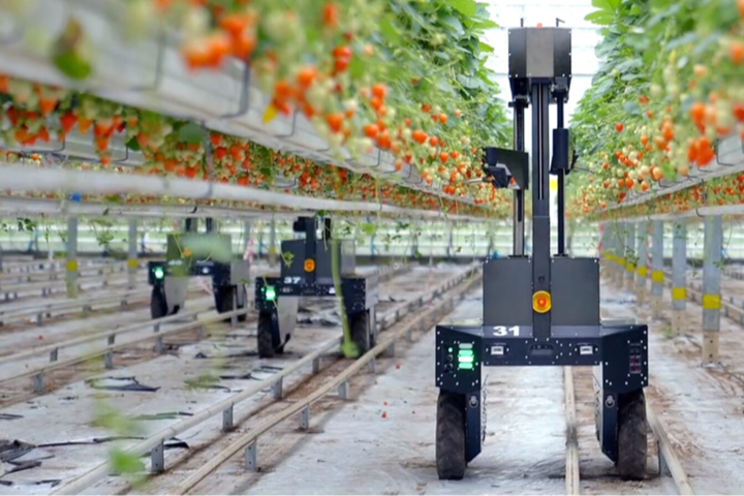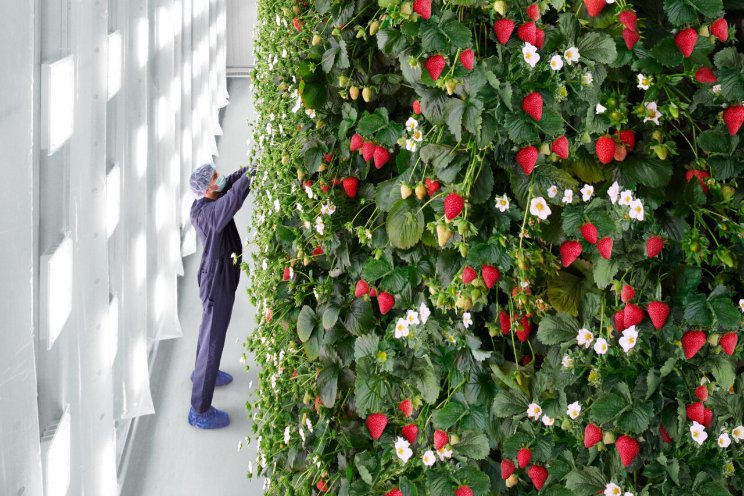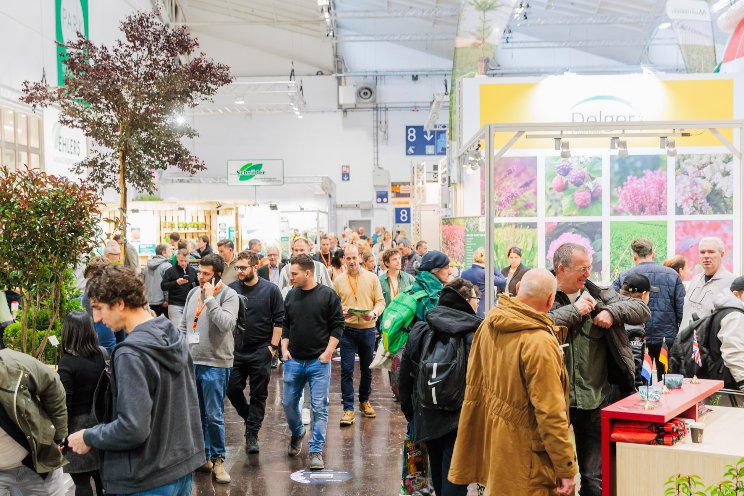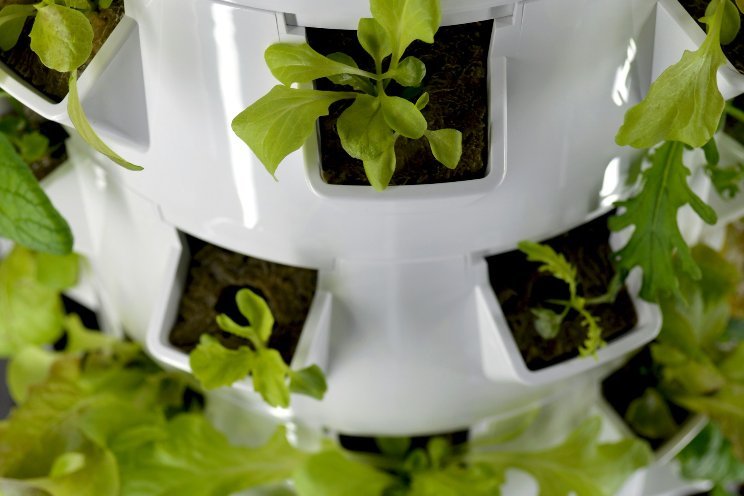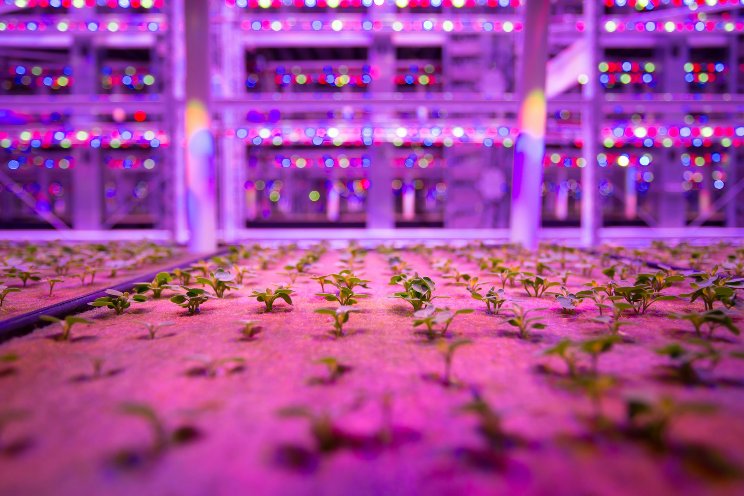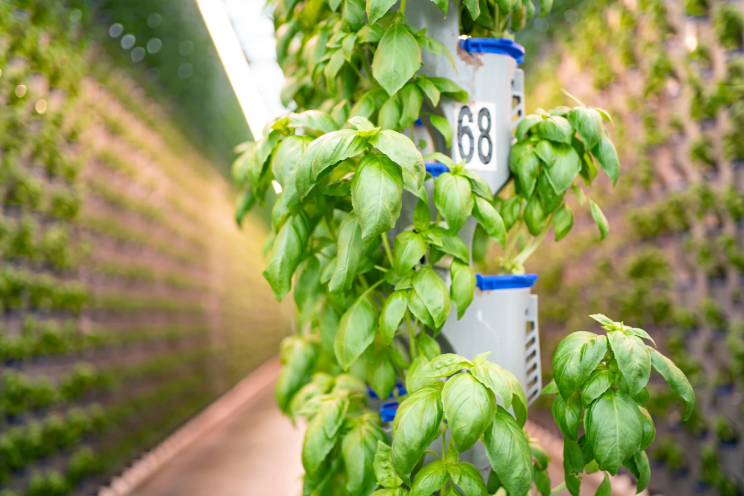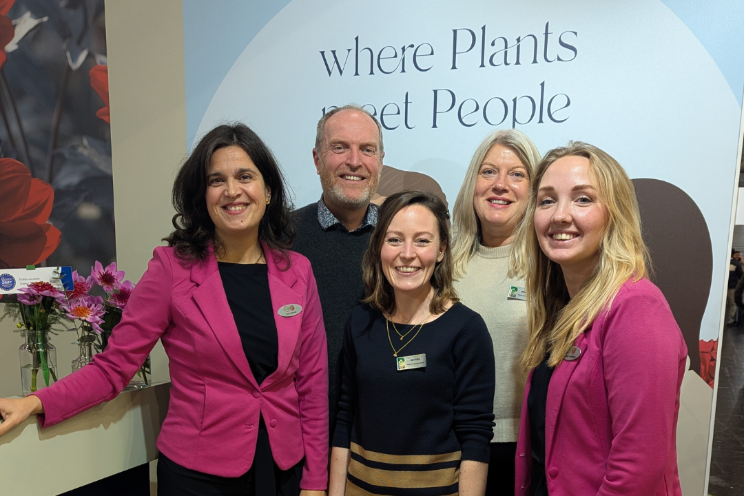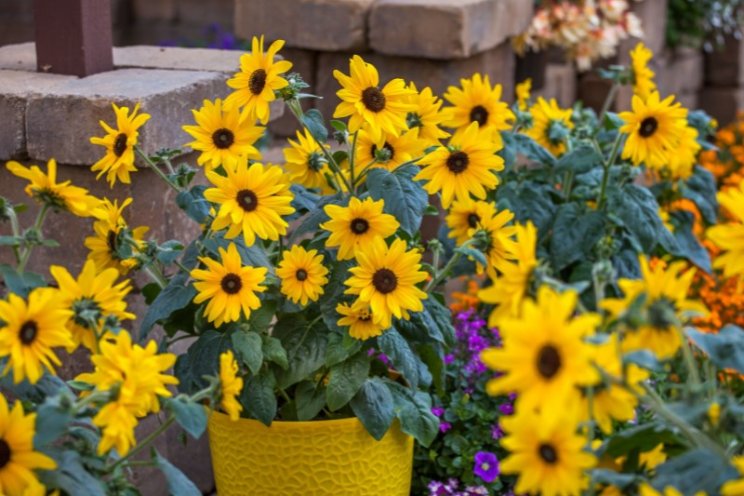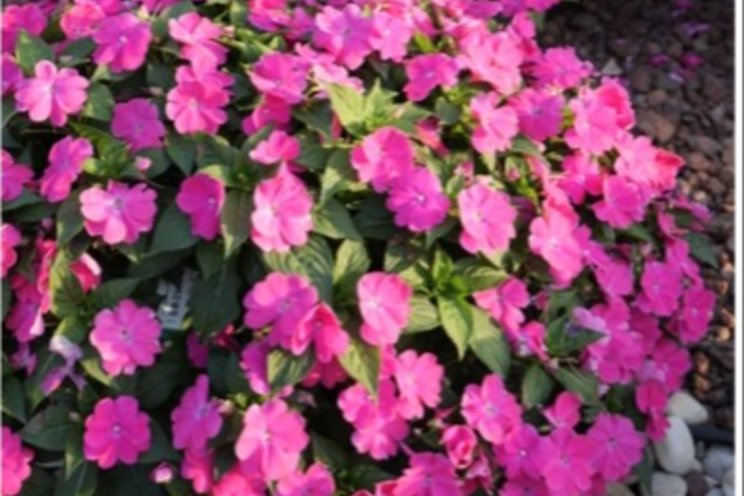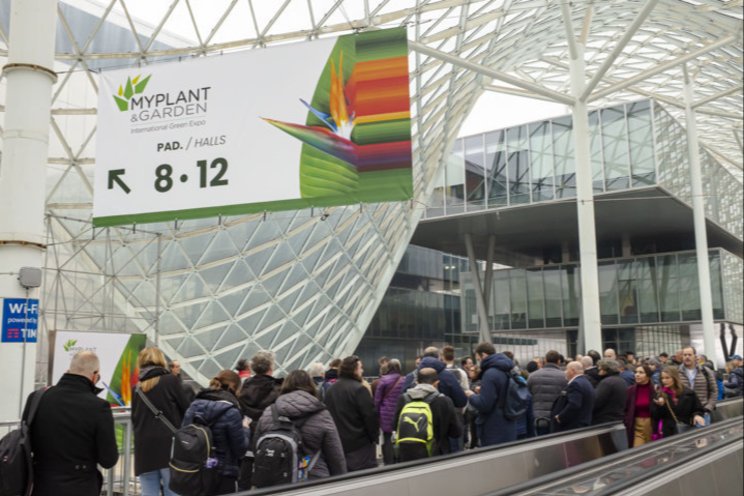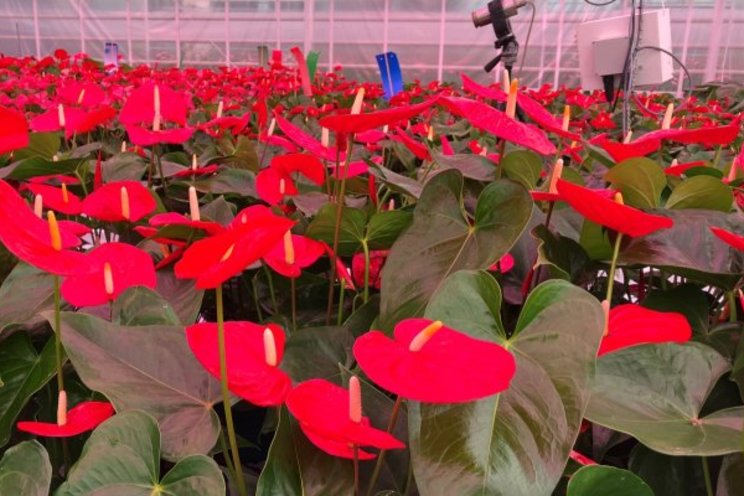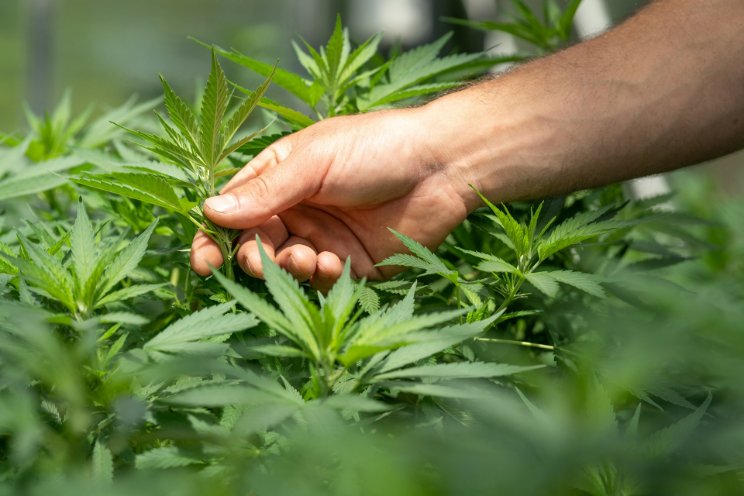AGROS: Applying autonomous control in cucumbers
Added on 07 March 2023

Greenhouse horticulture plays an important role in the year-round production of fresh and healthy products. Currently, the horticultural sector is facing a number of challenges. A major one is the limited availability of highly qualified and experienced staff that can oversee all aspects of the production system. Other challenges are the increasing costs of resources, such as electricity, natural gas, CO2, and fertilisers. The increasing complexity of the production system necessitates the step to a more data-driven approach. The public-private partnership project AGROS aims to realise an 'autonomous greenhouse' in which cultivation is controlled remotely by intelligent algorithms. Sophisticated, non-invasive sensors monitor key crop properties and support management decisions to achieve profitable cultivation under objectified and sustainable criteria.
Two approaches for autonomous greenhouse control
“In the past two years, the AGROS project worked on the building blocks to realise such an autonomously controlled cultivation in cucumbers. We determined a minimum number of plant traits essential in decision-making for crop management and climate control. Together with consortium partners, we selected commercially available sensors and tested them extensively in earlier cucumber trials. For the traits that could not yet be automatically measured, such as the number of newly formed cucumber leaves, we developed vision technology that is currently being validated”, explains Anja Dieleman, AGROS project leader and researcher at WUR business unit Greenhouse Horticulture.
Photo Courtesy of Wageningen University & Research
More news
